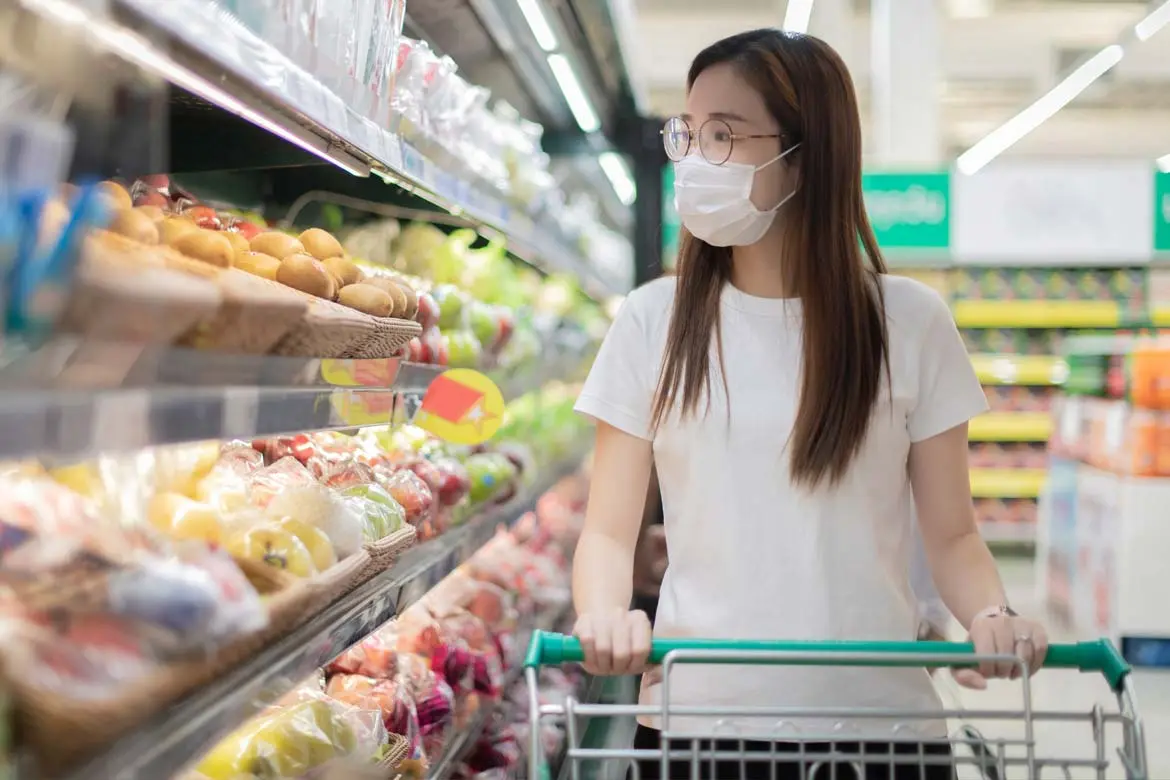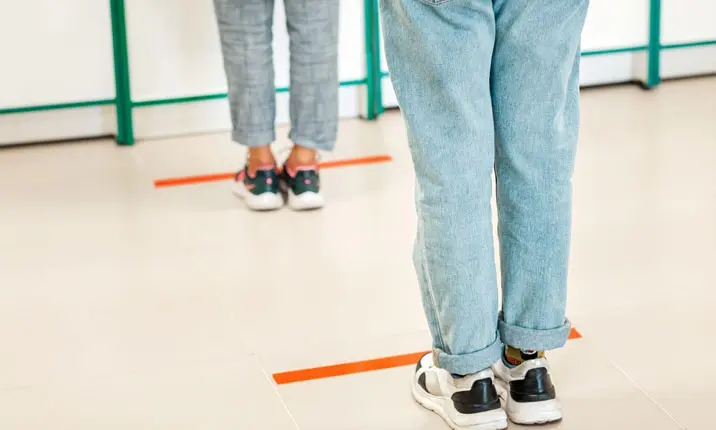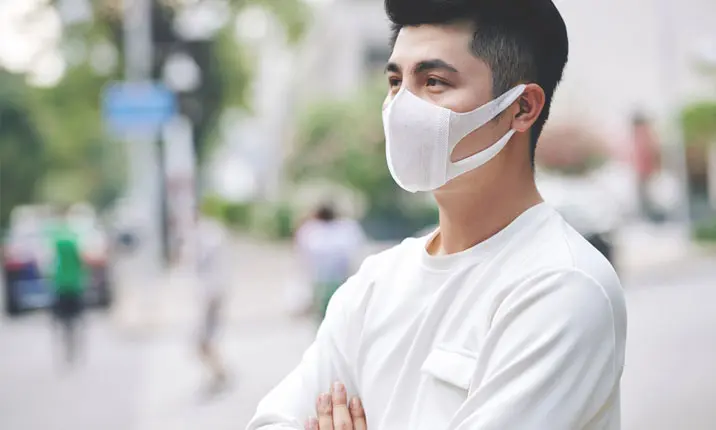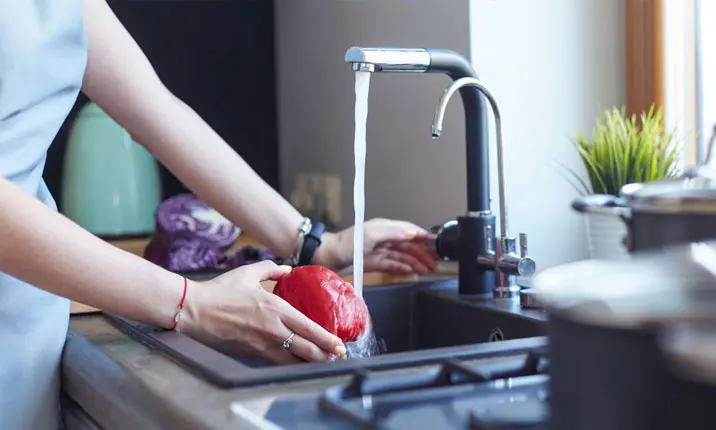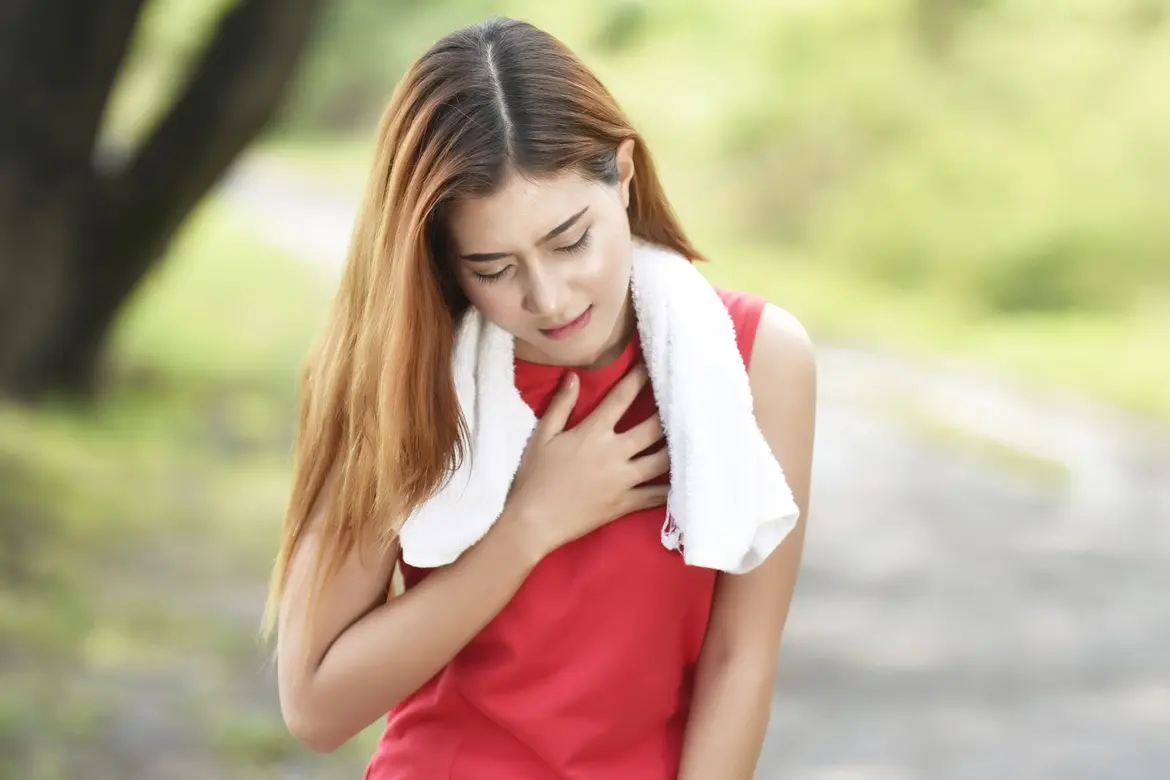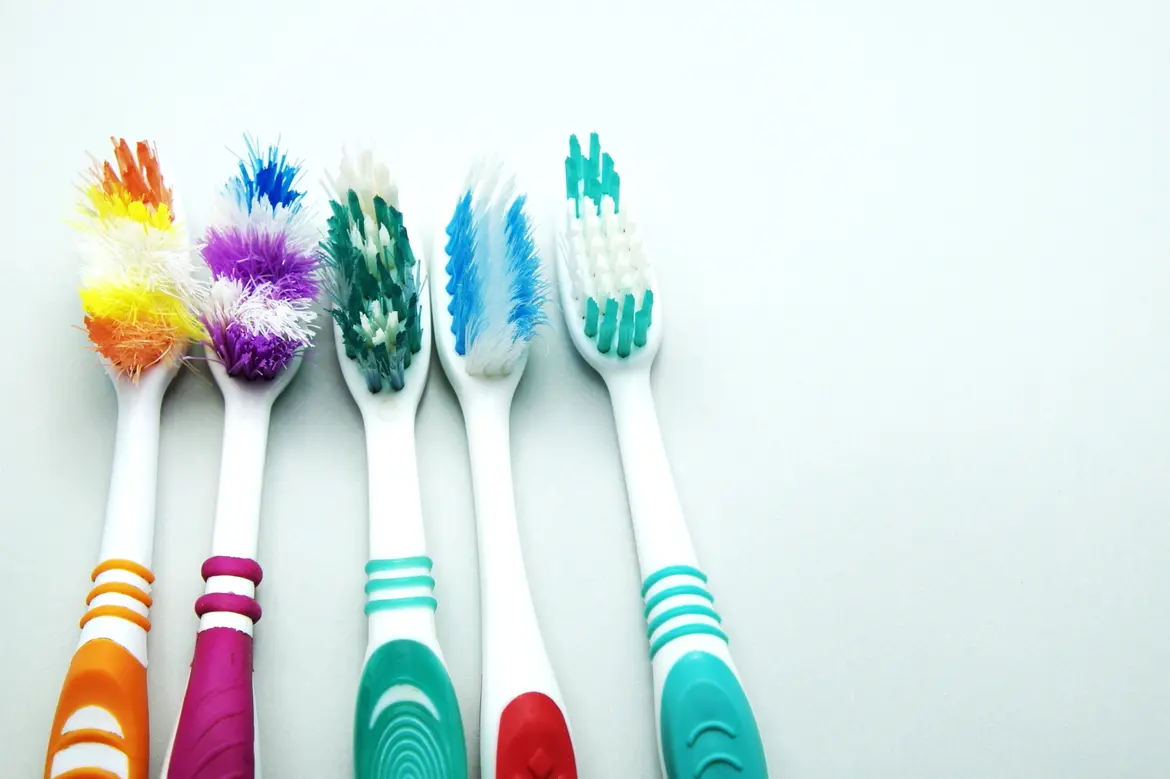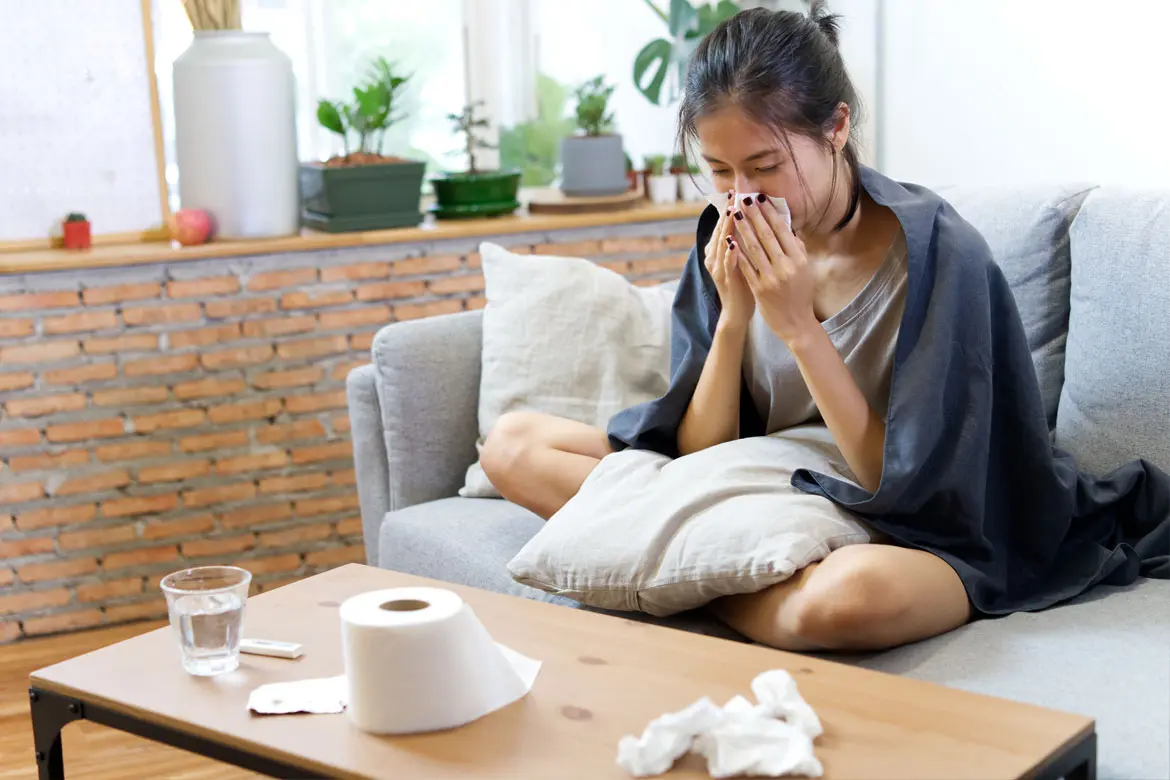It has been reported that in China, where the disease is believed to have originated from, about 14% of COVID-19 patients who tested negative upon hospital discharge have been tested positive once again and re-admitted to hospital for observation.
While the immune response to this virus is not yet fully understood, experts think that these patients relapse because:
- they hadn't built up a strong enough immunity and are more susceptible to the virus a second time
- the original infection was "biphasic", meaning the virus lies dormant in the body until the patient becomes symptomatic with the same infection again.
- the test results were flawed
The report also showed that some patients who tested positive again appear to be asymptomatic. While there has been no documented asymptomatic transmission to date, according to World Health Organisation (WHO), it doesn't mean that a transmission of the virus from a person who does not develop symptoms will not occur. This is why if you have already been through the COVID-19 virus, you should still take all the precautions you can to avoid re-infection and rehospitalisation, for the sake of you and your family's health.
What you can do to reduce the risk of re-infection
1. Wash your hands frequently
Wash your hands thoroughly with warm water and soap before and after both preparing food and using the bathroom as well as after you return from the outdoors. Wash your hands again after using your phone or laptop and other commonly handled objects around the home. Be sure to lather up to the wrists, between your fingers, and under your fingernails as you wash. If you are outdoors and can't wash your hands, use a hand sanitiser with at least 60% alcohol.
2. Avoid skin-to-skin contact
You can pick up SARS-CoV-2 on your hands from surfaces you come into contact with. When you then touch your eyes, nose or mouth, lick your fingers or bite your fingernails, you risk transferring the virus into your body. The virus can spread through secondary contact with mucosa (found covering eyes, inside the nose and mouth)
3. Don't share things
Keep your possessions to yourself and don't borrow either. Don't share food and drinks from the same plate, cup, glass or eating utensils with others. Similarly in the bathroom, don't share towels, washcloths, toothbrushes or skin products with anyone else.
4. Keep your social distance
Anyone infected with SARS-CoV-2, whether they present symptoms or not, will carry a large amount of the virus in their saliva and can transmit the virus simply by talking to someone in close proximity. To be safe, make sure you keep a social distance of at least 2 metres from any other person. As we prepare for gradual resumption of activity following the end of circuit breaker period, it is important to ensure that we continue to maintain social distancing by avoiding group gatherings and dining out even for many months after.
5. Wear a cloth mask if you go out
Where social distancing proves difficult, such as in the supermarket, everyone present should be wearing a mask. This reduces the risk of spreading the virus through breathing, talking, coughing or sneezing. When wearing your mask, avoid touching and fiddling with it, as you could transmit the virus from your hands to the mask. Wash both the mask and your hands after each use.
6. Insist on others wearing masks around you in public
SARS-CoV-2 is spread by air droplets when an infected person sneezes or coughs. These droplets can also land and stay on hard surfaces for up to 3 days. Insist that those around you cough or sneeze into their mask or a tissue, and that they wash their hands immediately afterwards.
7. Keep your home disinfected
Clean hard surfaces in your home, such as door handles, counter and table tops, furniture, electronic items and toys, with alcohol-based disinfectant a few times a day. Remember to also wipe surfaces on which you have placed items such as shopping bags brought into the home from outside.
8. Wash fresh groceries
Wash all fresh vegetables with vegetable antibacterial wash and dry them thoroughly before storing. Be sure to wash your hands before and after handling food.
9. Get vaccinated
Vaccination can help prevent a COVID-19 infection, and protect against serious illness in the case of a breakthrough infection. Booster vaccinations, such as the bivalent mRNA vaccines from Moderna/Spikevax and Pfizer-BioNTech/Comirnaty can help increase the body's immune response with protection against the original SARS-CoV-2 strain of the virus and Omicron variant(s) as well.
Always follow the advice provided by your local health authority.
Seek medical attention if any of the following symptoms of COVID-19 develop:
- difficulty breathing
- pressure or pain in the chest
- confusion
- drowsiness or inability to be roused
- blue-tinged lips or face
